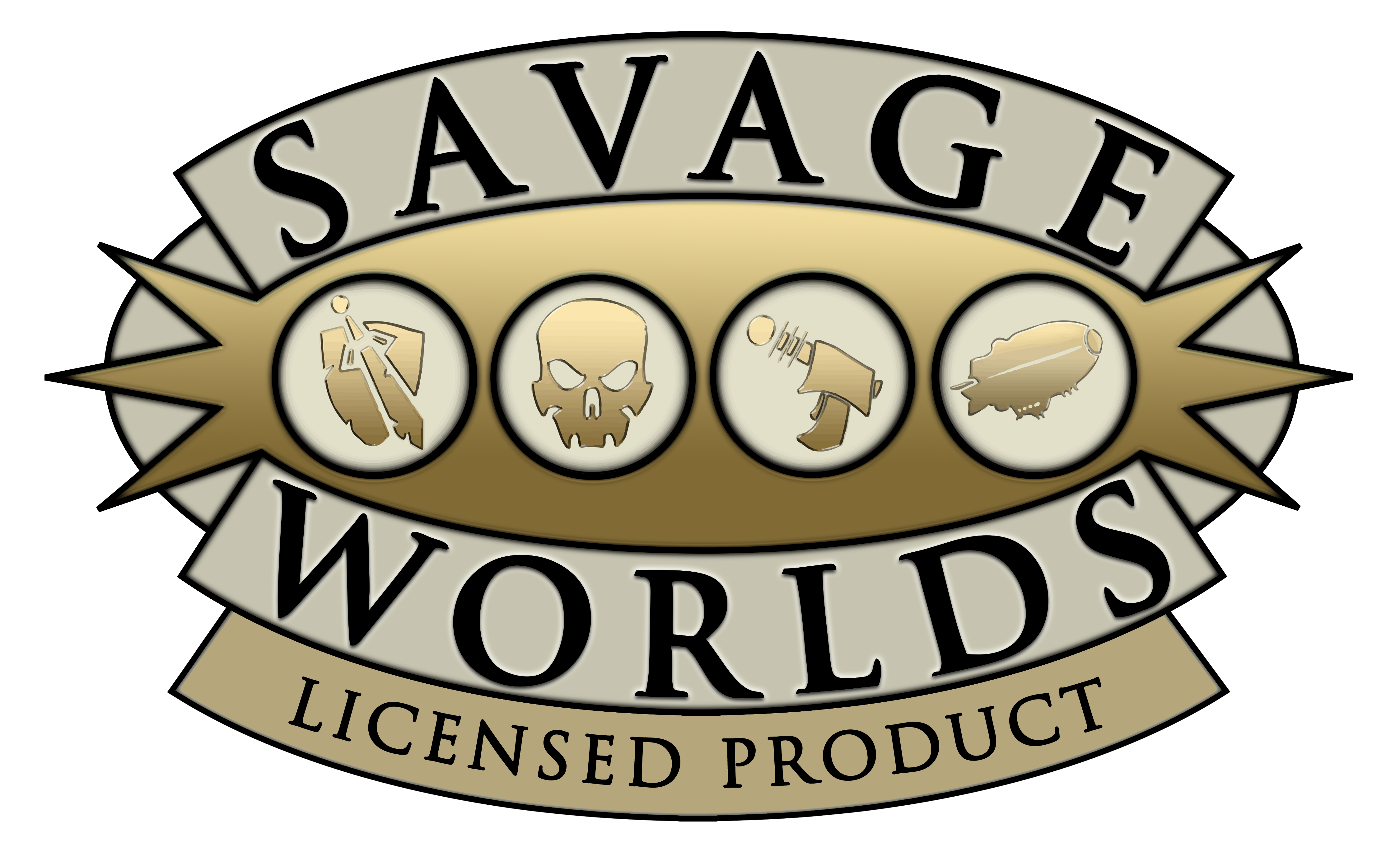Here’s the thing:
A GM should put themselves out there and go full-clown when playing (most) NPCs.
(the players should do it as well)
Full clown, that is, being all theatrical and ready and willing to make a mockery of themselves. Speaking in a funny voice, doing strange movements with their hands and head, doing faces and noises. Become a clown, embrace the show. Perform, not necessarily for the sake of comedy.
This is hard, because it requires you to put yourself out there, and no one likes to be judged. RPGs shouldn’t be a place where you judge people, it’s a leisure social activity. However, I would claim it doesn’t matter at all how “good” your performance is – this is not acting, it’s clowning. An actor tries to play a role, but a clown can just do whatever, we only expect her to entertain us. Clowns come built-in with “no judgment”.
Not every game and every gamer enjoy in-character discussions and theatrical performance, but generally speaking, it’s a wonderful way to add colour to the scene (much like how a detailed description can enrich a scene). Here are several benefits to speaking not only “in-character”, but theatrically as well:
It’s easier to remember the NPC. Both the players and the GM will remember this NPC better the next time they’re interacted with. “Ah, sure, the guy with the lisp and the strange eye!”, or in our case, that girl that kept crying and speaking in a quite unnecessarily flowery language. If an NPC warrants a recurring role, they warrant a recurring physical expression, even if it’s only a single catch-phrase that always ends with a spit. (“…and that’s how I tell it! *chh-ptooy*)
It encourages others. Whether you’re a player or the GM, when you become a clown you give everyone the “permission” to become a clown. It’s a subtle thing, changing the definition of the situation, sort of saying “See, I’m willing to mock myself, that means I won’t be judging you when you do the same”. When the GM does it, it’s doubly effective, since she is regarded as an authority figure by the players – playing theatrically and owning it, embracing it, becomes immidietly accepted by the players as allowed by the authority, even expected.
Sudden improv. This is a strange but usually welcomed consequence of going full-clown: you might find yourself saying things or thinking things that you didn’t intend to, because of the character you’re currently acting as. When you talk and snort and hunch like the old sailor captain, you might find yourself reacting to the players in a surprising new way, such as saying “Heading into the storm, are ya’? Beware the TYPHOON HARPIES!! With their talons… charged with lightning! Many a friend have I lost to their bloodlust!” because of course an old sailor captain will say something like that. And there you go, you have something new and probably useful in the world (or at least rumours of!).




